Welcome to issue 68 of the Call to Comms!
This week, we put the spotlight on Zoe Hamilton, Senior Insights Manager at GSMA, who spent some time with the Call to Comms team to discuss GSMA’s recent report “Connectivity in Crisis: The Humanitarian Implications of Connectivity for Crisis-Affected Communities”. The report provides a clear summary of the impact of connectivity in the event of a crisis, and how the situation evolves when connectivity is non-existent, limited or stable.
Also this week: an interview with Ros Irving, CEO of our partner Capacity Media. We discussed our collaboration, International Telecom Week and much more!
An interview with GSMA’S Zoe Hamilton on Connectivity in Crisis
What are the “humanitarian implications” of connectivity?
There are several themes on which connectivity (its presence or absence) has an impact in a humanitarian crisis: protection, well-being, autonomy, the information ecosystem and humanitarian aid and coordination.
What is the impact of connectivity in humanitarian crises?
When there is no connectivity, “sometimes, people have the inability to raise concerns or ask for help. It can [also] restrain the delivery of humanitarian assistance which can have the effect of excluding groups that don't live within areas of network coverage.”
“Even though 95% of the world is now covered by mobile networks, that last 5% disproportionately affects people who live in crisis settings.”
Even when the humanitarian crisis is not an immediate emergency anymore, the lack of connectivity can “reduce access to things that help people's mental well being”.
“We don’t do anything here. Just wait and pray. I want to work, I want to live. I want to do something. And this is why it is important to have the internet. Because it allows us to be distracted, at least a little bit, and to be in touch with friends and family. People need it. We would go crazy otherwise.”
Refugee woman from Congo in a refugee camp in Greece.
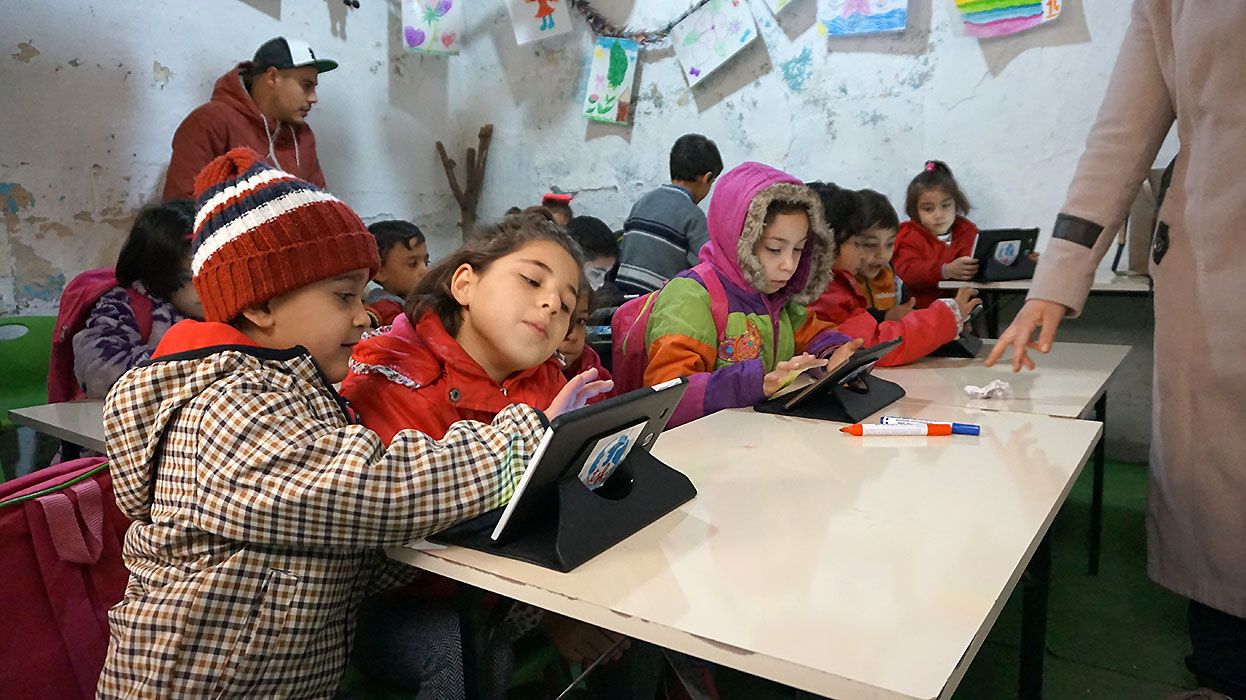
“We know that people are experiencing crises while being connected. And that is changing the way that people experience the crisis, it can create new challenges and new risks”, from harrassment to trafficking risks and even impact on the real-life situation.
“We saw narratives that could exacerbate or change conflicts on the ground by exacerbating hostility, scams, and fraud being spread.”
What can we do to face these challenges?
These risks shouldn’t be “used as an excuse not to connect communities”, Zoe insists, but should be taken into account by the humanitarian community to “mitigate them the best we can”. But how can we face these risks? Zoe highlights possible mitigation strategies, from digital literacy to working with tech platforms to “crack down on hate speech, misinformation and disinformation on their platforms”.
She concludes: “Digital technologies are part of our everyday lives. They're really part of the fabric of how we live, and that extends to our experience as people of humanitarian crises."
Read the report here, and watch her full interview here to learn more about the humanitarian implications of connectivity and how we can take them into account as technologies evolve:
Discussion with Capacity Media
We had the pleasure to discuss Ros Irving, CEO at Capacity Media, on our partnership, the ITW, and how to “keep the world connected”.
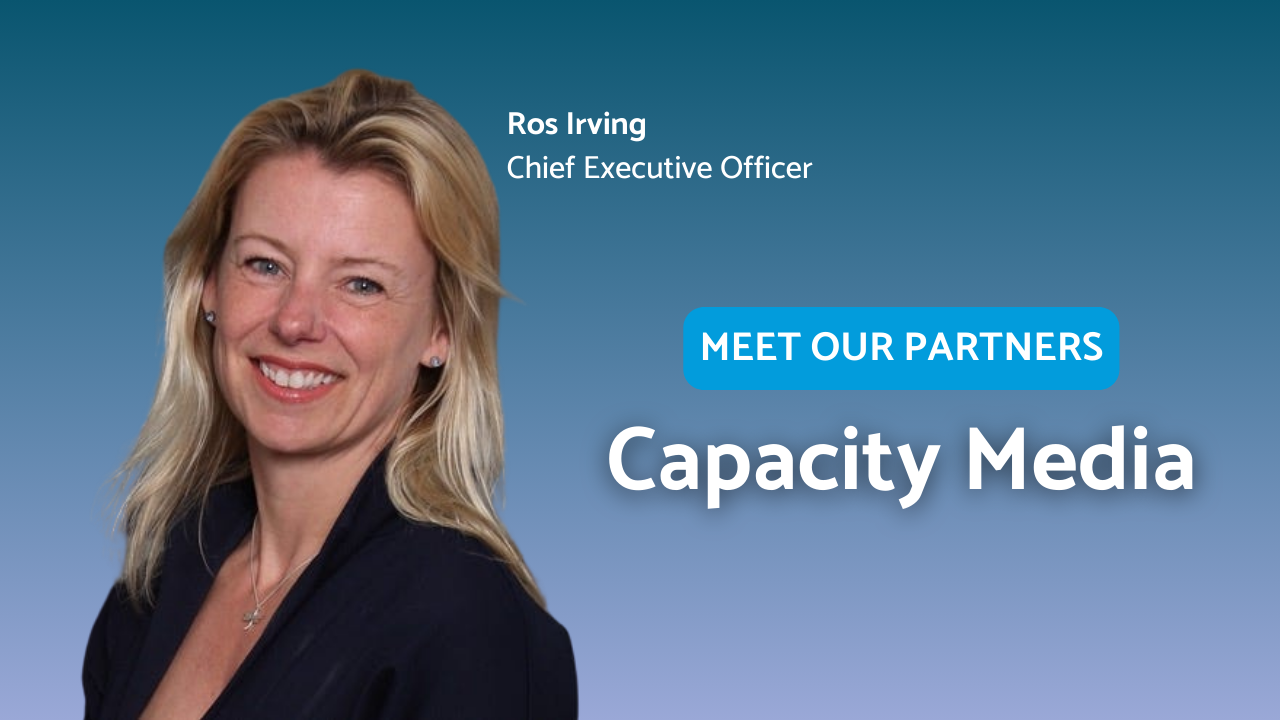
See you next week!
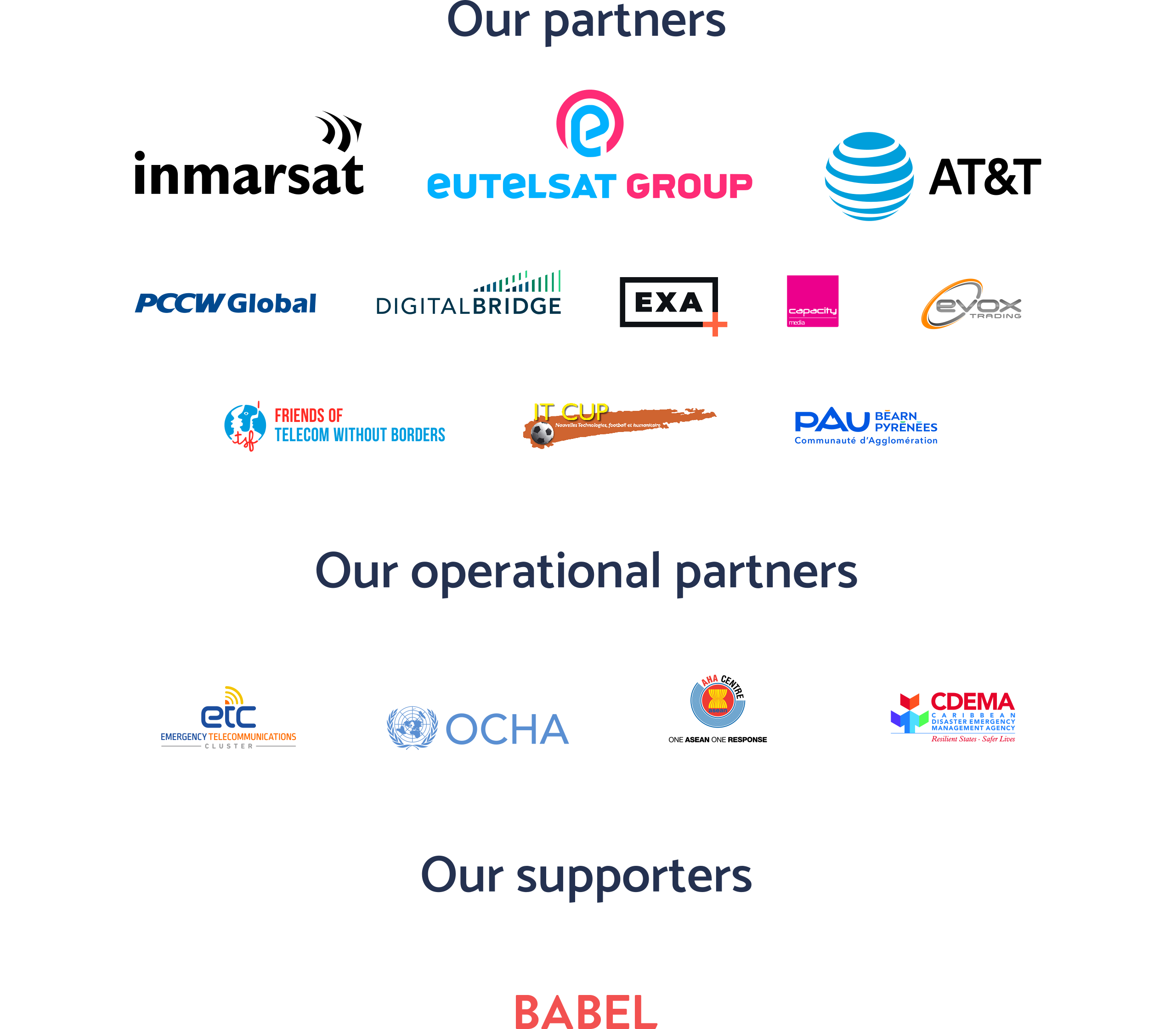


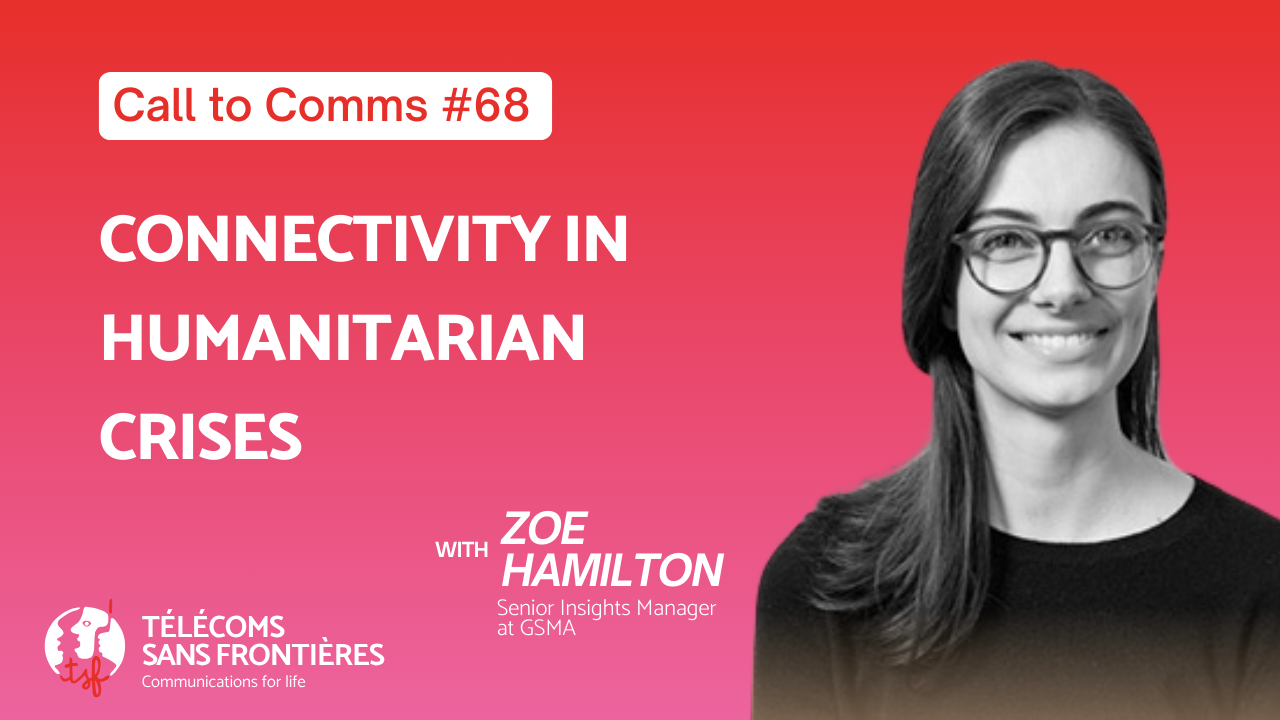




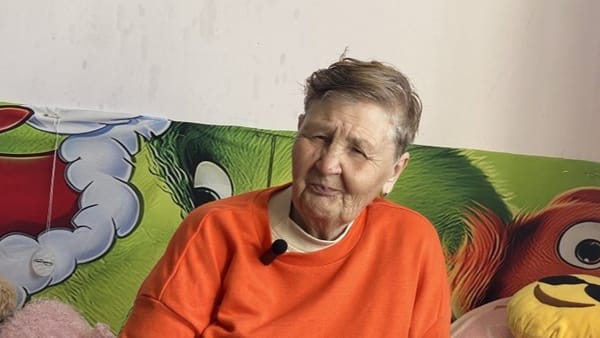
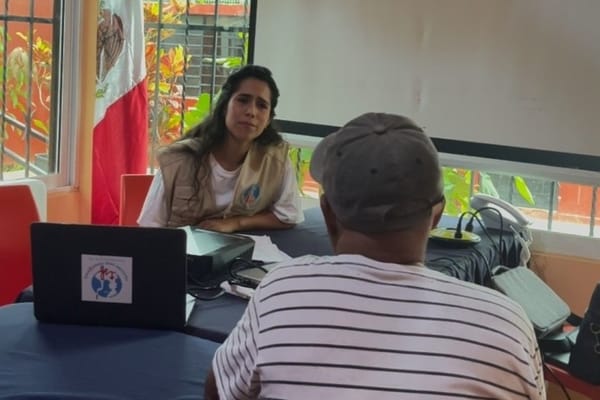

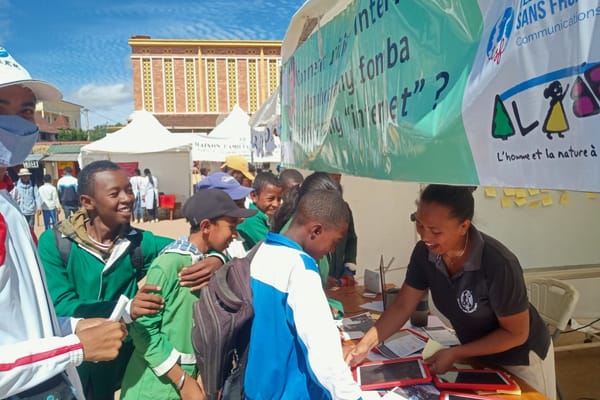
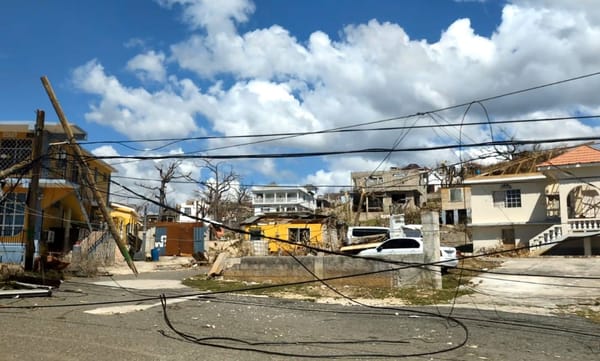
Member discussion